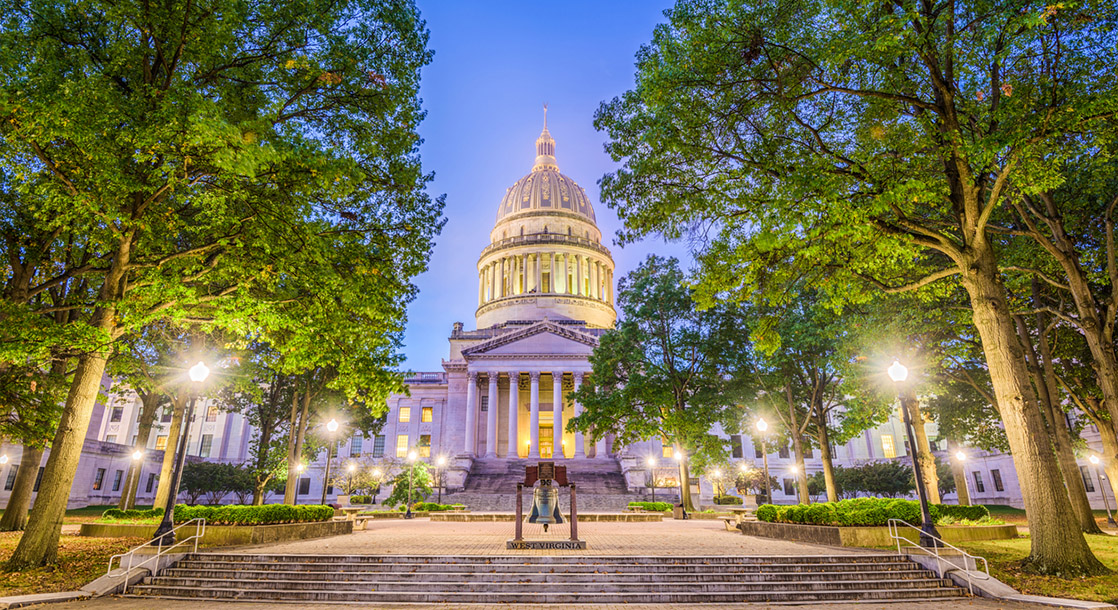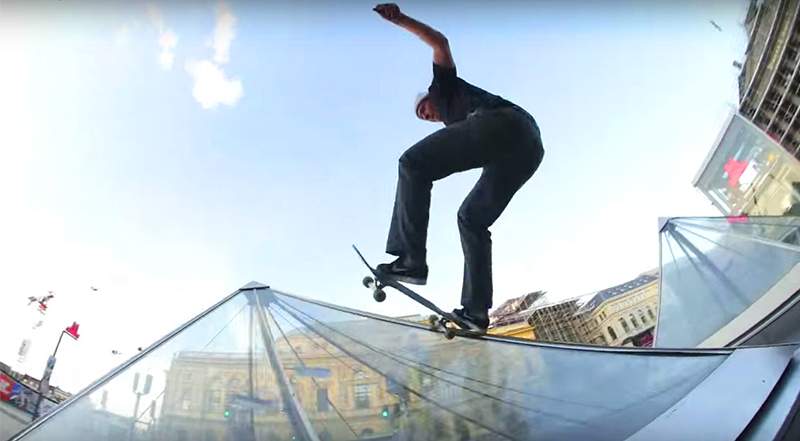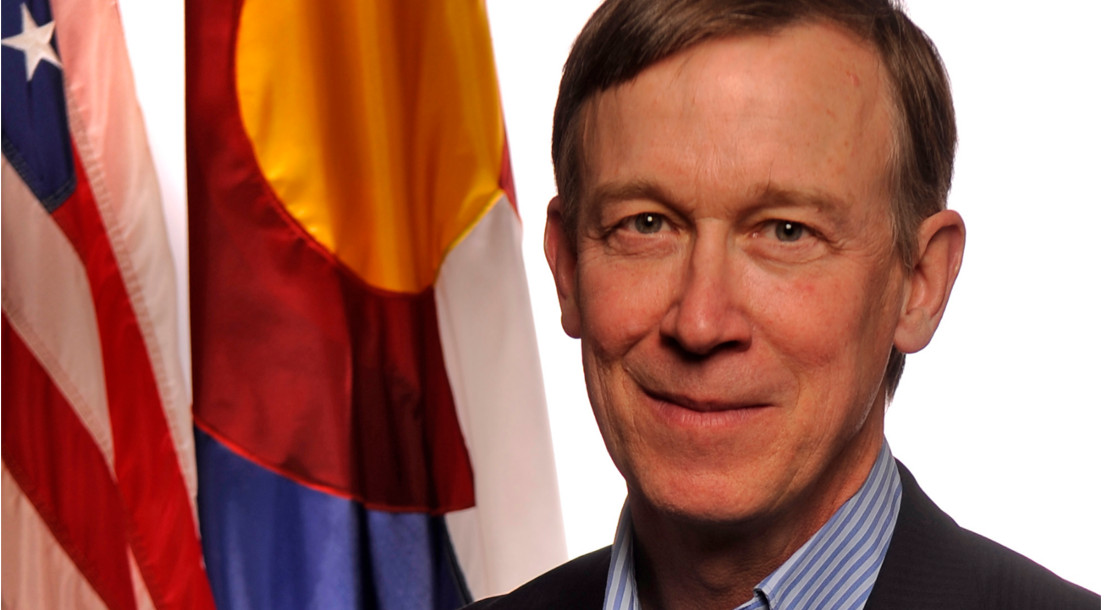Cover image via
After nearly five years of delays, West Virginia’s first two medical cannabis dispensaries have finally opened for business.
Mountain State lawmakers voted to legalize medical marijuana way back in April 2017, granting patients suffering from 16 qualifying conditions the right to use cannabis pills, oils, tinctures, topicals, or vapes. Unfortunately, the rollout of the program was delayed when a local US Attorney threatened to prosecute medical pot businesses in the state, and concerns over legal cannabis banking created further delays.
Four years and seven months later, Florida-based industry giant Trulieve Cannabis has at last opened the state’s first two medical pot dispensaries to the public. This massive delay officially makes West Virginia the slowest US state to get its medical pot program running, beating Delaware’s previous record of four years and one month.
“West Virginia holds the unfortunate record for the slowest state to implement medical cannabis access,” said Karen O’Keefe, state policies director for the Marijuana Policy Project, to MJBizDaily. “Many patients have surely died waiting.”
The state has licensed a total of 10 cultivators, 10 processors, and 100 dispensaries, and more businesses expect to begin operation within the coming weeks. But despite this solid supply of medical pot, the state Office of Medical Cannabis (OMC) has received less than 4,400 patient applications, and has only approved 3,206 registered patients to date.
The lack of demand could make it difficult for West Virginia’s new cannabis industry to turn a profit. And to make matters worse, the state does not allow dispensaries to sell edibles or smokable flower, two of the cannabis industry’s most profitable products. MJBizDaily predicts that the state won’t even be able to move half a million dollars’ worth of medical pot this year, and only expects sales to hit $6 million next year.
The excess of business licenses will also make it harder for smaller businesses to compete with larger multistate corporations. Many of the larger businesses in West Virginia have received licenses to grow, process, and sell weed, but smaller dispensary owners must buy their product from other state-licensed cultivators. Some local dispensaries that are preparing to open for business are now struggling to actually find weed to sell.
“They over-licensed the state,” said Chris Visco, owner of TerraLeaf Dispensaries, to local news outlet WSAZ. Visco, who plans to open her first dispensary next month, said that patients have “waited four years and now there is product but it won’t be available to them.”
OMC officials explained that they chose to license so many businesses in order to ensure that every West Virginian has equal access to their medicine. “One factor that weighed heavily and is always a primary concern is patient access to dispensaries,” an agency spokesperson told WSAZ. “Due to the challenging geographic nature and lack of public transportation within WV, a wide distribution of dispensaries is favorable.”
“While today’s news comes as a welcome relief for West Virginians, it is far too little too late for the tens of thousands of patients who have suffered needlessly in the interim as politicians and regulators largely dragged their feet,” said NORML State Policies Manager Carly Wolf in a statement. “In situations like these, it is vital that the law provides a home grow option for authorized patients so that they do not have to endure undue waiting periods before they can legally access their medicine.”











